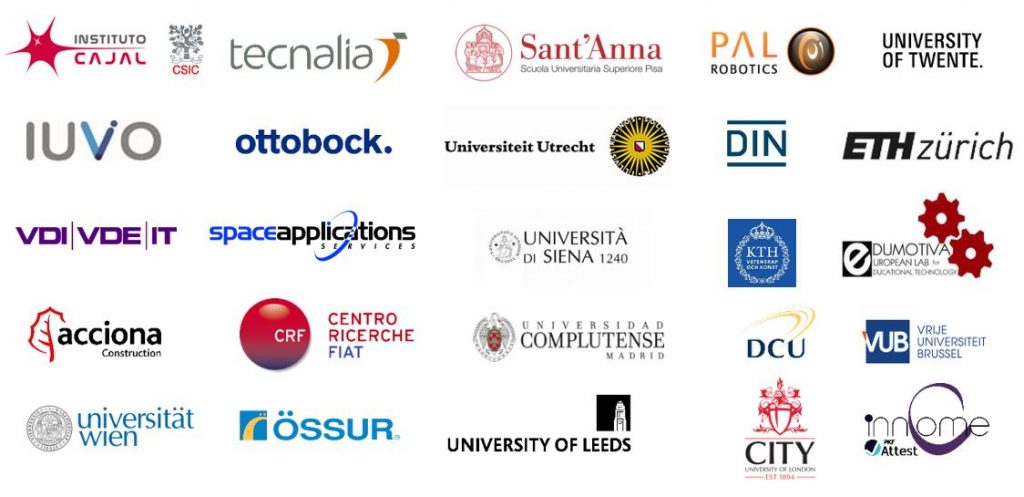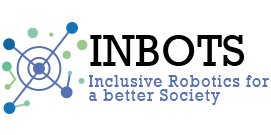Robotics Liability
.
When discussing issues of liability, it is often claimed that robots constitute peculiar entities, which do not fall squarely into the existing legal framework, and that new legal paradigms are thus needed for regulating the harmful consequences caused by them.
Liability based on the reprehensibility of conduct | Liability based on the position held towards a specific cause of danger | Liability based on the ability to manage and internalize risk
Find out more about the Robotics Regulatory Framework in the INBOTS White Paper
AI liability
Technology regulation should be technology specific. A recent study – commissioned by the Policy Department C at the request of the Committee on Legal Affairs and elaborated by members of INBOTS– analyses the notion of AI-technologies and the applicable legal framework for civil liability, and presents a Risk Management Approach, where the party who is best capable of controlling and managing a technology-related risk is held strictly liable, as a single entry point for litigation. It then applies such approach to four case-studies, to elaborate recommendations.
.
Robots as products & the applicable legal framework
.

Can Robots be considered as Moral Agents?
Stating that robots are «autonomous» is highly ambiguous, as only some kinds of autonomy amount to the concept of moral agency, that justifies the ontological ascription of liability. For an entity to be deemed a moral agent, it shall display what is usually referred to as «strong autonomy», Which can be defined as the ability to decide freely and coordinate one’s action towards a chosen end.
.
Can Robots be considered as animals?
As long as the machines executes the program designed by the human, even if through inputs derived from the environment, its behaviour may be deemed predictable for the purpose of the application of product liability standards. On the contrary, the unpredictability of the animal’s actions derives from its nature or erratic behaviour, and thus cannot be associated with the former.
.
Why should robots be considered products ?
Since robots are not autonomous – in a strong sense –, and having excluded that they could be considered as animals, they shall be deemed as objects, and more precisely as products: “artefacts crafted by human design and labour, for the purpose of serving identifiable human needs”
.
Related News
[display-posts category = “lese” posts_per_page = “4” include_date = “true” image_size = “thumbnail” order = “DESC” orderby = “fecha”]
.
Project members

.
